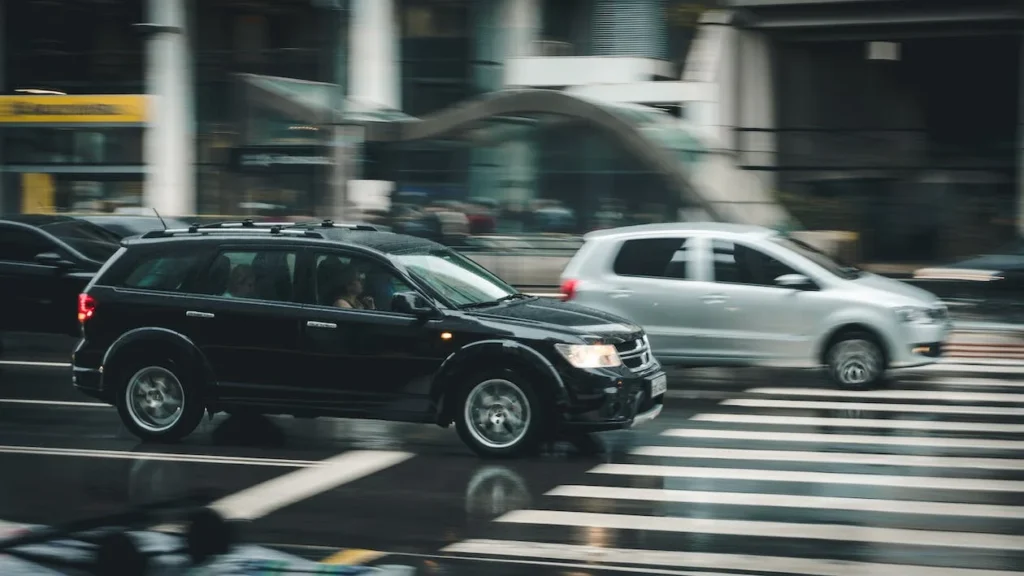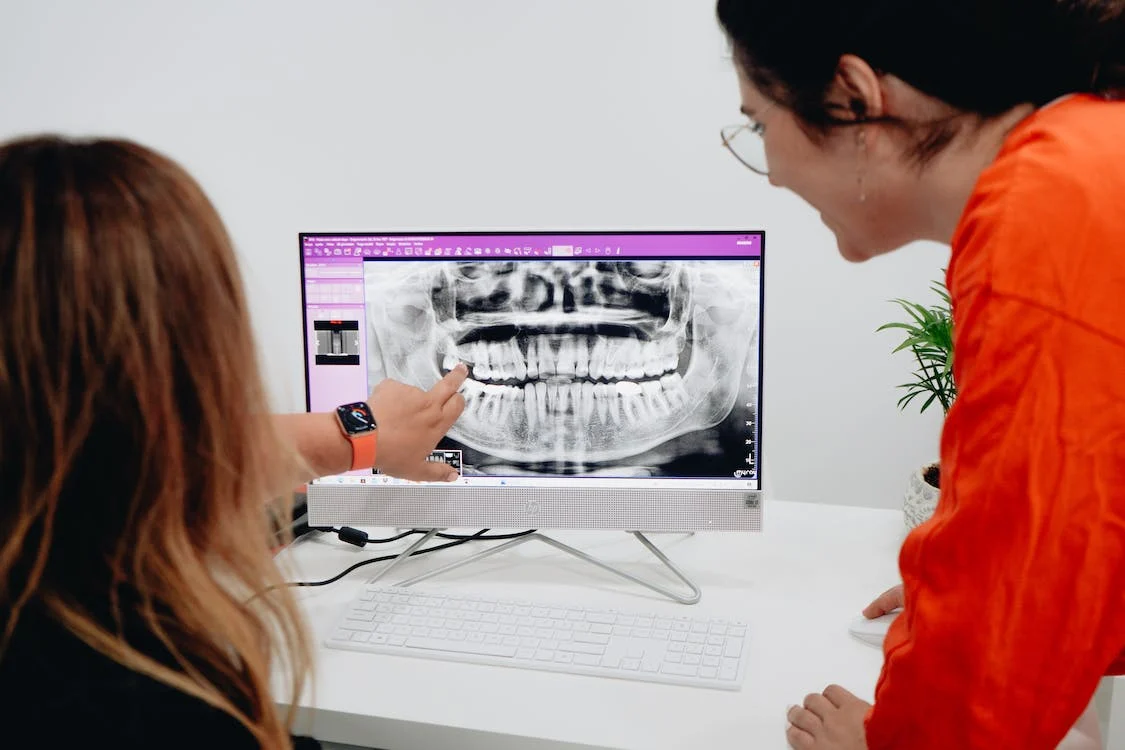Temporomandibular joint (TMJ) disorders can occur due to various factors, including trauma or injury to the jaw. A car accident can potentially lead to the development of TMJ disorder. Here’s how it can happen:
- Direct Impact: During a car accident, if the person’s face or jaw area experiences a direct impact, such as hitting the steering wheel, dashboard, or window, it can cause damage to the TMJ. The forceful impact can dislocate the jaw joint or cause other injuries that affect the functioning of the TMJ.
- Whiplash: Whiplash is a common injury in car accidents, especially rear-end collisions. It occurs when the head and neck jerk forcefully back and forth due to the impact. Whiplash can strain the muscles, ligaments, and tendons surrounding the TMJ, leading to inflammation and pain in the joint.
- Bruxism: Car accidents can be highly stressful and traumatic events. Following the accident, a person might experience anxiety, stress, or post-traumatic stress disorder (PTSD), which can contribute to teeth grinding or clenching known as bruxism. Chronic bruxism exerts excessive pressure on the jaw joint, potentially causing TMJ problems.
- Jaw Misalignment: A car accident can cause the jaw to be forcefully pushed to one side or hit at an angle. This can result in misalignment of the jaw joint, affecting its proper functioning. The misaligned jaw can cause pain, clicking or popping sounds, and limited movement of the jaw, characteristic of TMJ disorder.
- Pre-existing Conditions: It’s worth noting that a car accident can exacerbate pre-existing TMJ issues. If an individual already had a predisposition or minor TMJ problems before the accident, the trauma from the collision can worsen the condition, leading to more severe symptoms.
It is important to seek medical attention following a car accident if you experience any symptoms like jaw pain, clicking or popping sounds, difficulty in opening or closing the mouth, or any other signs of TMJ disorder. A healthcare professional, such as a dentist or oral and maxillofacial surgeon, can evaluate your condition, provide a diagnosis, and recommend appropriate treatment options to alleviate the symptoms and manage TMJ disorder.

What type of injuries can be developed after a rear-end collision?
Rear-end collisions can result in various injuries, ranging from mild to severe, depending on the speed and force of impact. Here are some common injuries that can occur after a rear-end collision:
- Whiplash: Whiplash is one of the most common injuries in rear-end collisions. It happens when the head and neck are forcefully thrown forward and then jerked back due to the impact. This sudden motion can strain the neck muscles, tendons, and ligaments, causing whiplash. Symptoms include neck pain, stiffness, headaches, dizziness, and limited range of motion.
- Back Injuries: The forceful impact of a rear-end collision can cause injuries to the back, such as sprains, strains, or herniated discs. These injuries can lead to back pain, muscle spasms, numbness or tingling in the extremities, and restricted movement.
- Head Injuries: In a rear-end collision, the head can strike the steering wheel, dashboard, or headrest, resulting in head injuries. This can include concussions, traumatic brain injuries (TBIs), cuts, bruises, or skull fractures. Head injuries can have various symptoms, including headaches, dizziness, confusion, memory problems, sensitivity to light or noise, and changes in mood or behavior.
- Facial Injuries: The face can hit the airbag, dashboard, or other objects inside the vehicle during a rear-end collision. This can cause facial lacerations, bruising, fractures, or dental injuries.
- Chest and Abdominal Injuries: The impact of a rear-end collision can cause chest and abdominal injuries. These injuries can involve bruising of the chest wall, broken ribs, internal organ damage, or abdominal trauma. Symptoms may include pain, difficulty breathing, tenderness, or swelling in the affected area.
- Psychological Injuries: Being involved in a rear-end collision can result in psychological trauma, such as post-traumatic stress disorder (PTSD), anxiety, or depression. The emotional impact of the accident can vary from person to person.
It’s essential to seek immediate medical attention after a rear-end collision, even if you believe your injuries are minor. Some injuries may not be immediately apparent, and a healthcare professional can properly evaluate your condition, provide necessary treatment, and document your injuries for insurance purposes if needed.

Is testimony from my TMJ specialist admissible in Court?
In legal proceedings, the admissibility of expert testimony varies depending on the jurisdiction and the specific circumstances of the case. Typically, expert witnesses are called upon to provide their specialized knowledge or opinions to help the court or jury understand complex issues related to the case.
If you are involved in a trial regarding your car accident injuries and you believe that a TMJ specialist’s testimony is relevant to establish the cause of your injuries, it may be possible to have them testify. However, whether their testimony is admissible and considered relevant will ultimately be determined by the judge overseeing the trial.
To determine the admissibility of expert testimony, courts often consider factors such as the expert’s qualifications, the relevance of their testimony to the issues in the case, the reliability of their methods, and whether their expertise will assist the trier of fact (the judge or jury) in understanding the evidence.
If you wish to have a TMJ specialist testify at your trial, it is advisable to consult with a personal injury attorney who can evaluate the specific details of your case and provide guidance based on the laws and rules applicable in your jurisdiction. They will be best equipped to advise you on whether it is appropriate to call a TMJ specialist as an expert witness and help you navigate the legal process.
